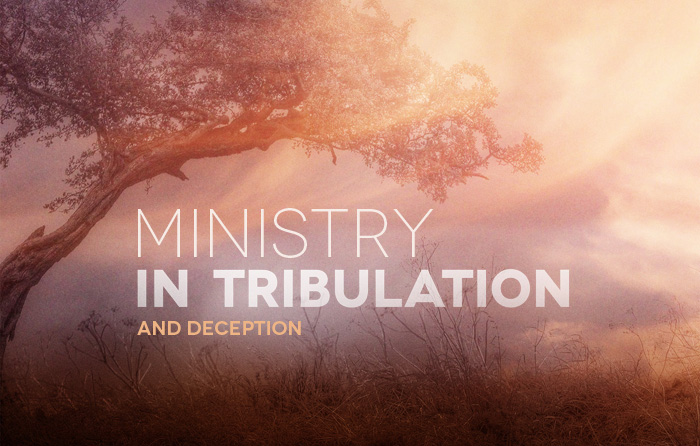It’s a perennial question, “Where should you start a book on preaching?” You could give a brief theology of Scripture, survey its primacy in church history, or you could do something totally different like write a chapter on prayer. That’s exactly where Gary Millar and Phil Campbell begin their book Saving Eutychus: How to Preach God’s Word and Keep People Awake. That emphasis seems just right. That apostles did say they would devote themselves “to prayer and to the ministry of the word” (Acts 6:4). So, when a book self-consciously reflects this order my interest is automatically piqued.
Gary Millar takes five pages and fills them with punch and pith on the necessity of prayer if we are ever going to keep Eutychus awake. His sage counsel is summarized with these points: 1) resolve now to pray fervently for your own preach, and 2) make sure that your church prays together for the preaching.
Putting It Into Practice
To illustrate the power of the second point Millar recounts his experience at Gilcomston South Church. I found the example of this community stirring. May it do the same for you and lead to you place greater emphasis on prayer in your preaching ministry. Millar writes,
From 1988-1991 (when I was a theological student), I was part of a remarkable church family. Gilcomston South Church of Scotland in Aberdeen wasn’t a huge church. Nor was it a particularly ‘happening’ church. We met twice on a Sunday, had a midweek central Bible study and a Saturday night prayer meeting—and that was it. There was an organ, and we sang five hymns or psalms (often to Germanic minor tunes). The pastor, William Still, preached steadily through the Bible (this was still relatively novel at the time, even though he had been doing it for 40 years). But what set that church family apart was its very simple commitment to ‘the ministry of the word nourished by prayer’ (as Mr. Still would repeatedly say). I have never been part of a church family that had a greater sense of expectancy when we gathered to hear the Bible explained. And I have never been part of a church family where prayer was so obviously the heartbeat of everything that went on. And I have never been part of a church family where God was so obviously present week by week as he spoke through his word. And, it seems to me, there might just be a connection.
Of course ‘Gilc’ was, and is, just like any church family—full of flawed, messed-up people like you and me. But those of us who had the privilege of ‘passing through’ went on from there with an indelible sense that preaching and praying go together. It was just part of the DNA of the church family. The precious group of 50 or 60 people who met week by week at the Saturday night prayer meeting spend most of the two hours praying for the proclamation of the gospel elsewhere—in other churches in our city, in Scotland, and on every continent around the world, one by one. Eventually, someone would pray, ‘And Lord, spare a though for us in our own place tomorrow . . .’ and the others, who had been praying faithfully on their own all through the week for the preaching at Gilc, would murmur a heartfelt ‘Amen.’













